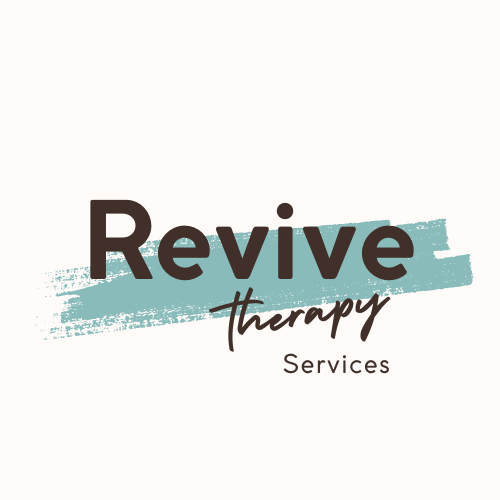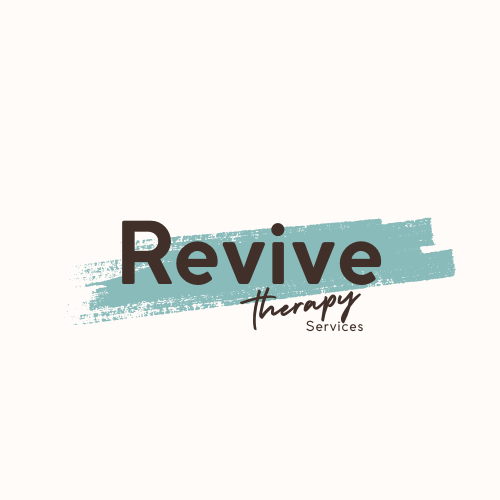Reclaiming Self-Worth: Confronting the Devastating Impact of CPTSD
In the labyrinth of mental health, where shadows linger and wounds run deep, one adversary stands out for its stealthy assault on the very essence of our being: Complex Post-Traumatic Stress Disorder (CPTSD). It's a silent thief, robbing us of our sense of worth and leaving behind a trail of emotional wreckage. Let's delve into the intricate ways in which CPTSD erodes and distorts self-worth, and explore the tools and strategies we can use to reclaim it.
How Does Complex Trauma Impact People in Pennsylvania?
At its core, CPTSD emerges from prolonged exposure to trauma – the kind that leaves scars not just on the surface, but etched into the very fabric of our being. It's the relentless drip of abuse, neglect, or adversity that wears away at our sense of self, leaving us feeling hollow and unworthy.
Imagine growing up in an environment where your needs are dismissed, where your voice is silenced, where love is a scarce commodity. In such environments, self-worth withers away like a fragile flower deprived of sunlight and water. We internalize the message that we're not good enough, not worthy of love or happiness. It's a belief that burrows deep into our psyche, shaping our thoughts, feelings, and behaviors for years to come.
But the impact of CPTSD extends far beyond mere belief – it infiltrates every aspect of our lives, coloring our perceptions and choices in insidious ways. We find ourselves trapped in cycles of self-doubt and self-sabotage, unable to break free from the chains of our past. The symptoms of CPTSD – the flashbacks, the hypervigilance, the emotional dysregulation – they all serve to reinforce our negative self-image, driving us further into the depths of despair.
Yet, amidst the darkness, there is a glimmer of hope. Healing from CPTSD is possible, but it requires courage, resilience, and support. Therapy, particularly trauma-informed approaches such as EMDR or somatic experiencing, can provide a safe space for exploration and healing. Through therapy, we can unravel the tangled knots of our trauma, untangling the threads of our past and weaving them into a tapestry of resilience and strength.
But therapy is just one piece of the puzzle. We must also arm ourselves with practical tools and coping strategies to navigate the challenges of CPTSD and reclaim our sense of worth. Mindfulness and grounding techniques can anchor us in the present moment, providing a respite from the turmoil of intrusive thoughts and emotions. Self-compassion can soothe the wounds of our inner child, offering a balm for the harsh self-criticism that often accompanies trauma.
Reclaiming Self-Worth: Tools and Coping Strategies
Rebuilding self-worth in the aftermath of CPTSD is akin to piecing together a shattered mosaic. It requires patience, resilience, and a willingness to explore new avenues of healing. Here are some practical tools and coping strategies that can help survivors reclaim their sense of value and dignity:
Mindfulness and Grounding Techniques: CPTSD often hijacks our minds, dragging us into the past or catapulting us into an uncertain future. Mindfulness practices, such as deep breathing exercises or grounding techniques, can anchor us in the present moment, providing a respite from the turmoil of intrusive thoughts and emotions.
Self-Compassion: Learning to extend compassion towards ourselves is an essential aspect of healing from CPTSD. We must counteract the harsh self-criticism that often accompanies trauma with kindness and understanding. Engaging in self-soothing activities, such as journaling, meditation, or taking a warm bath, can nurture our inner child and cultivate a sense of self-love.
Identifying and Challenging Negative Beliefs: The beliefs we hold about ourselves shape our reality. In CPTSD, these beliefs are often distorted by the lens of trauma, leading us to see ourselves as fundamentally flawed or unworthy. Through cognitive-behavioral techniques, such as cognitive restructuring, we can identify and challenge these negative beliefs, replacing them with more empowering ones.
Setting Boundaries: Boundaries are essential for preserving our sense of self-worth and protecting our emotional well-being. Learning to assert our needs and boundaries, even in the face of resistance or criticism, is a crucial step towards reclaiming agency and autonomy.
Engaging in Meaningful Activities: Engaging in activities that bring us joy, fulfillment, and a sense of accomplishment can bolster our self-worth and remind us of our inherent value. Whether it's pursuing a hobby, volunteering, or spending time with loved ones, finding moments of joy amidst the darkness is essential for healing.
Seeking Professional Support: Healing from CPTSD is a journey that often requires professional guidance and support. Therapists trained in trauma-informed approaches can provide a safe space for exploration and healing, offering insights and techniques tailored to our unique experiences and needs.
Cultivating Supportive Relationships: Surrounding ourselves with supportive, understanding individuals who validate our experiences and affirm our worth is vital for healing from CPTSD. Building a network of friends, family members, or support groups can provide a sense of belonging and acceptance, counteracting the isolation and loneliness that often accompany trauma.
Incorporating these tools and coping strategies into our daily lives can help us reclaim the self-worth that was stolen from us by CPTSD. It's a journey of self-discovery and empowerment, marked by moments of struggle and triumph. But with dedication and perseverance, we can emerge from the shadows of trauma, embracing our worthiness and reclaiming our place in the world.
Incorporating these tools and coping strategies into our daily lives can help us reclaim the self-worth that was stolen from us by CPTSD. It's a journey of self-discovery and empowerment, marked by moments of struggle and triumph. But with dedication and perseverance, we can emerge from the shadows of trauma, embracing our worthiness and reclaiming our place in the world.
Start Building Your Self-Worth in Philadelphia, PA.
Therapy can be a lifeline for survivors of CPTSD, providing a safe space to explore our experiences and challenge the negative beliefs that hold us back. Through techniques like EMDR or somatic experiencing, we can begin to rewire our brains and bodies, replacing old patterns with new, more empowering ones. Taking the first step to work with one of our therapists located in Philadelphia doesn’t have to be as intimidating as it may seem!
Step 1: Schedule a free 15-minute Intro call HERE!
Step 2: Complete your Intro Call and schedule your First Session with Hannah or Salima
Step 3: Show up to your first session!
Revive Therapy Can Help With More Than Just CPTSD.
Located in Philadelphia, Revive Therapy offers services that can help you work through a wide array of issues. We specialize in trauma, eating disorders, body image issues, disordered eating, and ADHD. We can offer therapy in person at our office in West Philly or virtually! Online therapy can be a great way to start working on yourself while also taking into consideration that you are a busy person and sometimes in-person sessions are just not doable. Our therapists are trained in EMDR, IFS, Somatic Experiencing, and DBT.
Don’t feel comfortable scheduling just yet? No sweat, feel free to shoot us a message to ask whatever question your heart desires!




